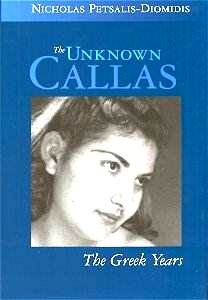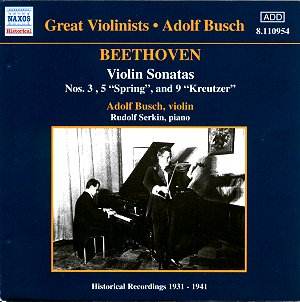 Composer: The
Composer: The
Works: Unknown Callas
Performers: Nicholas Petsalis-Diomidis, Author
Recording: Book Review, Amadeus Press, ISBN 1-57467-059-X
Label: BRILLIANT
The exploration of Maria Callas’s formative years in Greece, as detailed in Nicholas Petsalis-Diomidis’s The Unknown Callas, is a vital contribution to the understanding of one of the 20th century’s most iconic operatic voices. This examination dives into the complexities of Callas’s early life from 1937 to 1945, a period often overshadowed by her later triumphs in the world of opera. The narrative not only presents a compelling portrait of a young artist grappling with familial dysfunction but also situates her burgeoning talent within the rich cultural milieu of Athens, where she studied under the esteemed Elvira de Hidalgo.
The book’s insights into Callas’s family dynamics are striking. Petsalis-Diomidis paints a vivid picture of George Kaloyeropoulos, Callas’s father, as a supportive figure contrasting sharply with the tyrannical presence of her mother, Litsa. This duality provides a crucial lens through which to understand the psychological challenges Callas faced, including her struggles with self-image and anxiety, exacerbated by her mother’s oppressive control. The author aptly juxtaposes these personal adversities with Callas’s artistic development, noting her initial struggles with body image and the societal pressures of beauty that marked her youth. Such context is essential for grasping how these formative experiences would inform her emotional depth and dramatic intensity on stage.
From a technical standpoint, the book’s narrative is meticulously crafted, reflecting the author’s deep understanding of both Callas’s artistry and the musical landscape of her time. The analysis of Callas’s debut in Cavalleria Rusticana in 1939 serves as a poignant moment of emergence, illustrating how her unique vocal qualities and interpretative choices began to crystallize against the backdrop of a country filled with cultural richness, yet burdened by political turmoil. The author’s references to contemporaries such as Dimitri Mitropoulos and Manolis Kalomiris highlight the influential figures that surrounded Callas during her critical training years, further grounding her development in a broader historical context.
The sound quality of the narrative itself is noteworthy; while it lacks the auditory elements of a musical recording, the vivid prose evokes the emotional landscapes that Callas navigated. Petsalis-Diomidis’s writing is rich with evocative detail, compelling the reader to engage with Callas’s story on a personal level. The book’s engineering—its structure and pacing—mirrors the rise and fall of Callas’s own career, leading the reader through a labyrinth of triumphs and tribulations.
While comparisons to other biographies of Callas often linger on her later successes and tumultuous relationships, The Unknown Callas carves a niche by focusing on the pivotal years that shaped her identity as an artist. It captures the essence of her artistic spirit and personal struggles with an authenticity that resonates deeply.
Nicholas Petsalis-Diomidis’s The Unknown Callas is an essential read for anyone seeking to understand the genesis of Maria Callas’s artistry. It not only fills a significant gap in the literature surrounding this legendary figure but does so with a narrative that is both scholarly and profoundly engaging. The book stands as a testament to the complexities of Callas’s character, offering a lens into the personal and cultural forces that shaped one of opera’s greatest voices.



